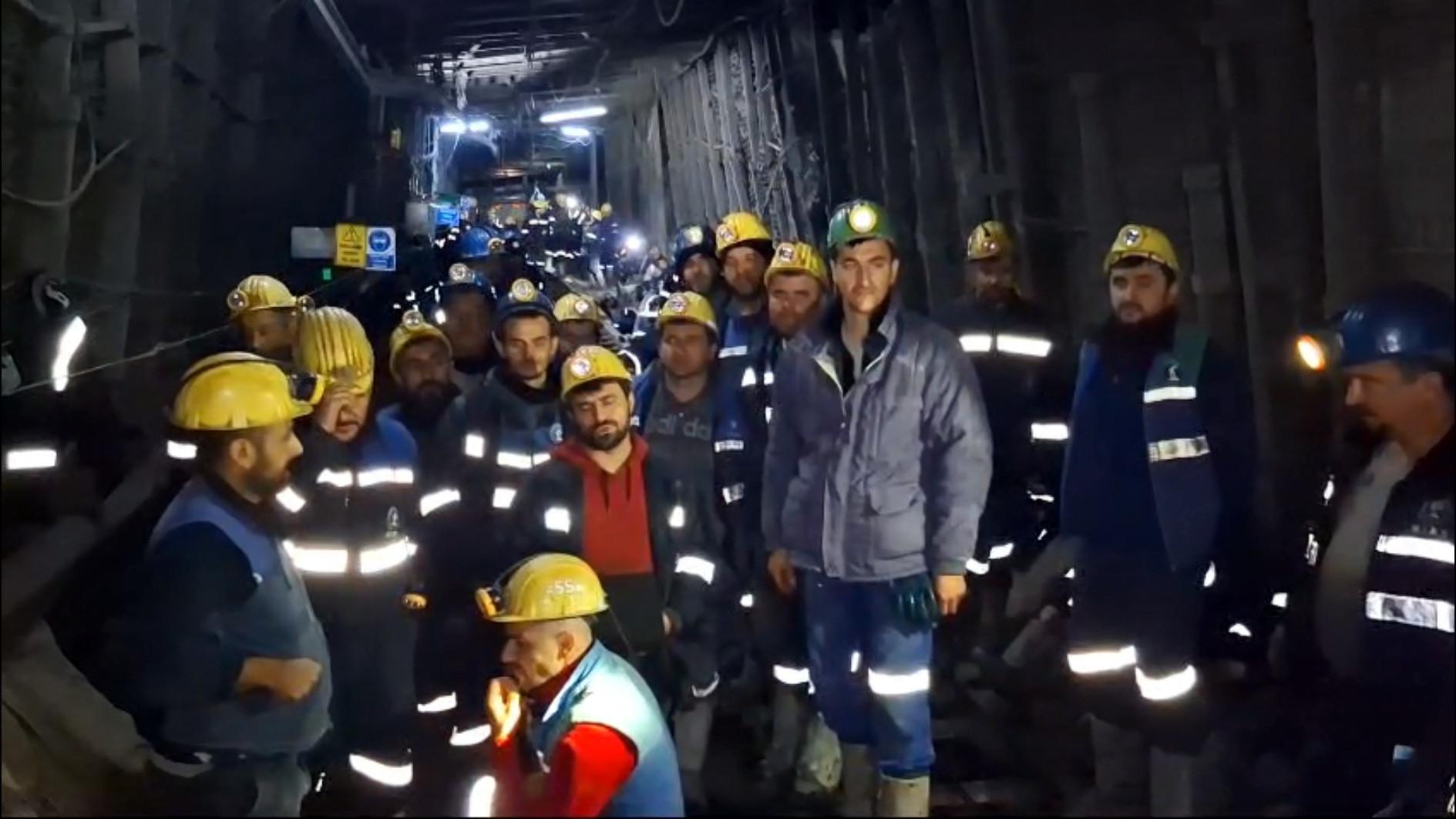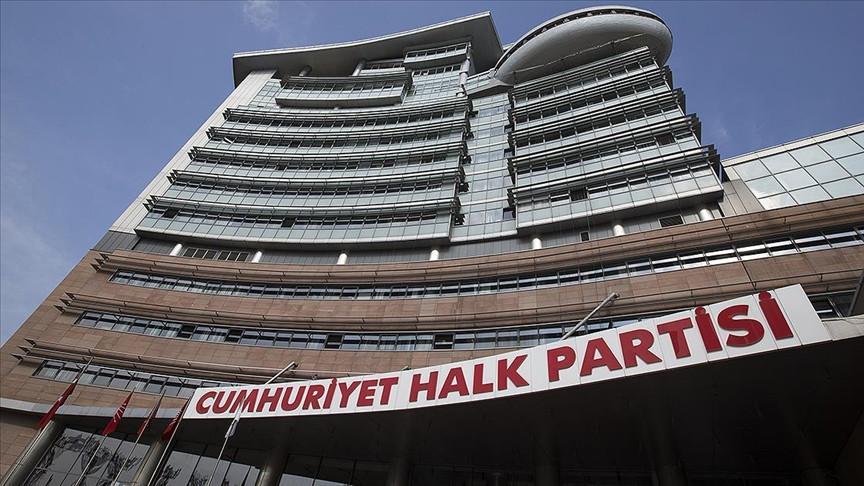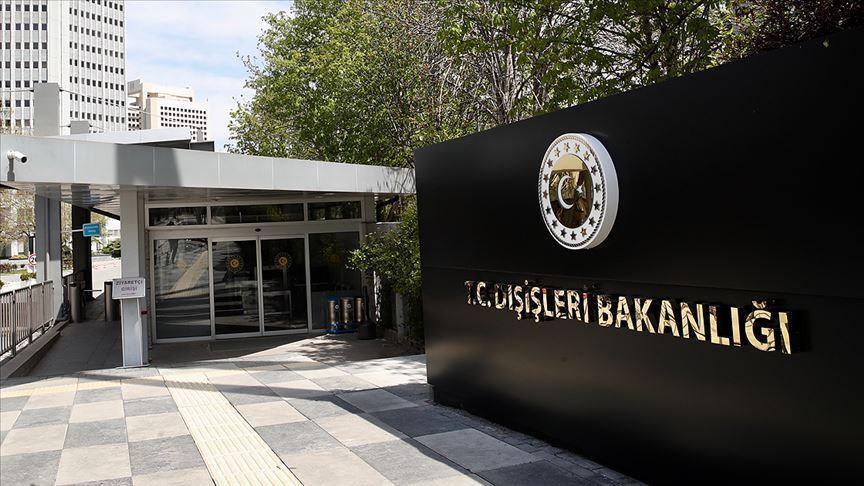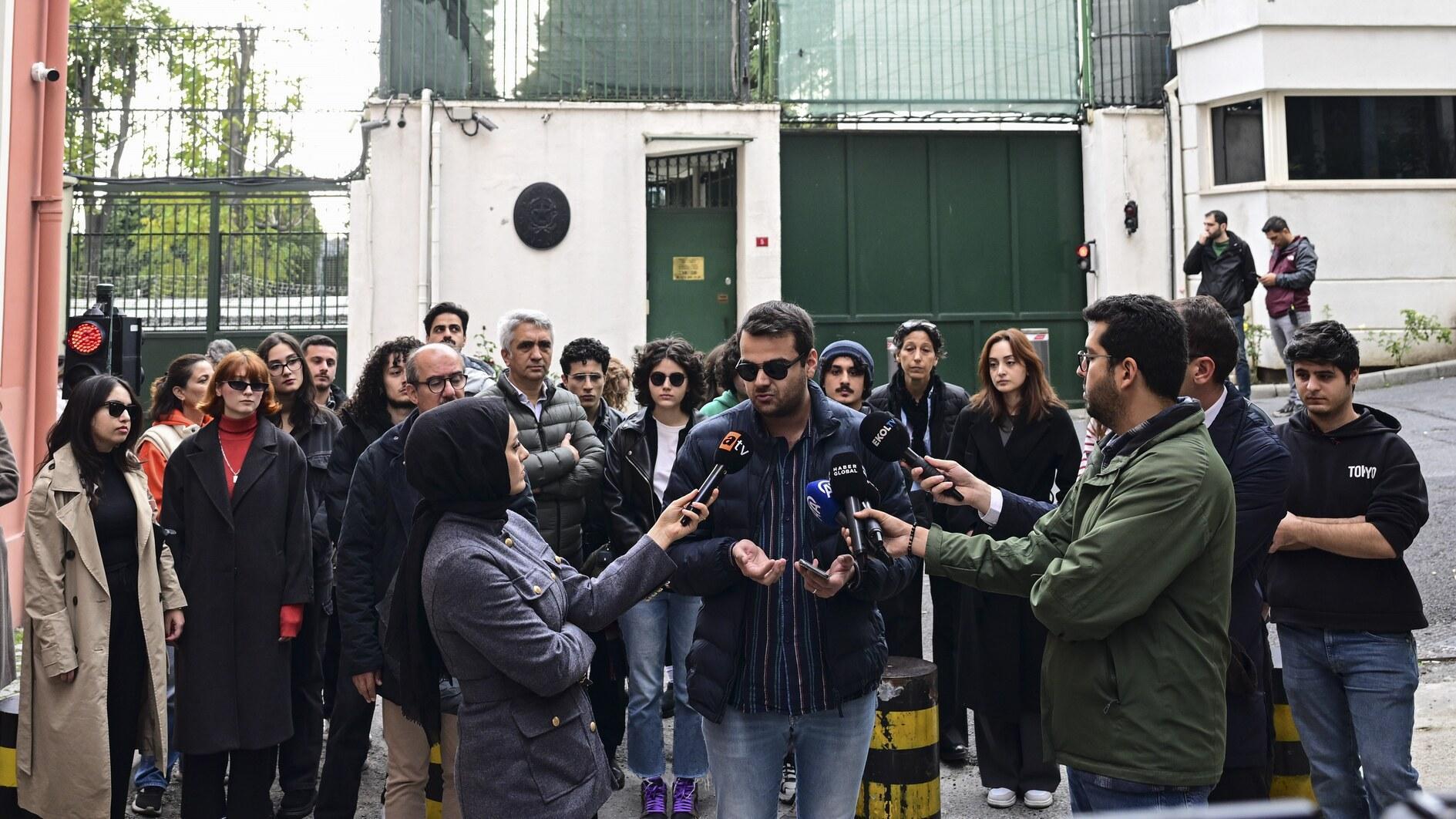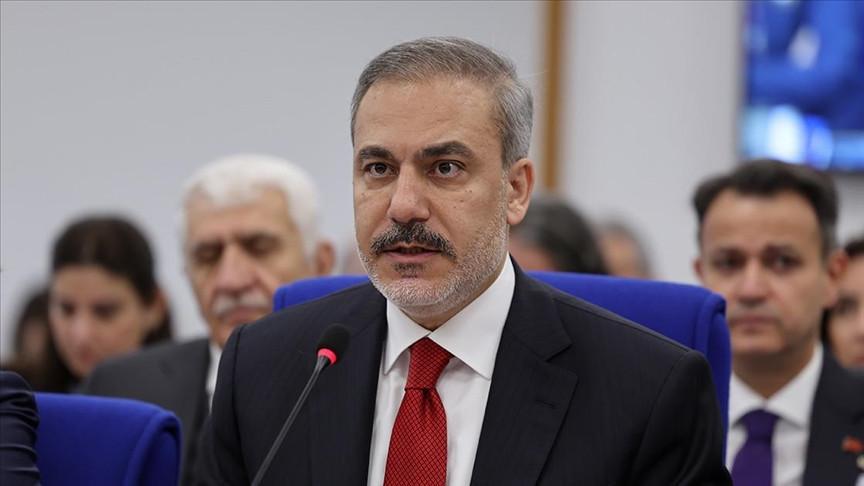Erdoğan’s PYD move and ‘Syria Thursday’
Distress in Ankara is growing as more support is declared by Turkey’s major ally, the United States, for the Syrian Kurdish group the Democratic Union Party (PYD). The Turkish government considers the PYD to be an extension of the outlawed Kurdistan Workers’ Party (PKK), which is officially designated a terrorist group by both the U.S. and the EU.
When asked about a call by Turkish President Tayyip Erdoğan over the weekend for U.S. President Barack Obama to decide between Turkey and “the terrorists” (implying the PYD) as partners in Syria, State Department spokesman John Kirby said on Feb. 8 that Washington does not consider the PYD to be a terrorist organization. Erdoğan also criticized the recent meeting between Brett McGurk, the U.S. envoy in the fight against the Islamic State of Iraq and Levant (ISIL), and uniformed PYD members in Kobane, a Syrian town under PYD control, saying the PYD member who McGurk met is a PKK militant for whom Turkey has an arrest warrant. In response, Kirby simply said the PYD is a “point of disagreement” between the U.S. and its “ally and friend Turkey.”
In fact, it is not only the U.S.; Russia is also giving credit to the PYD in the Syria theater. PYD head Salih Muslim was recently welcomed for a warm reception by the Russian Foreign Ministry.
But was it necessary for Erdoğan to compare Turkey to what he deems a terrorist group? Doesn’t asking the U.S. to choose between Turkey and the PYD weaken Turkey’s political credibility in the entire Syria crisis, when that crisis is about to enter a new diplomatic phase? Or was Erdoğan’s ultimatum a move to emphasize that the PYD, (which for Ankara means the PKK, which is fighting to carve Kurdish autonomy or independence out of Turkey’s southeast), must not be an official part of the talks for the future of Syria?
Things may be clearer in a few days, when we will know whether the Geneva talks will resume on Feb. 25. Turkey definitely does not want the PYD to take an official part in the talks - at least not as a part of the opposition - despite the psychological push by the U.S. However, this is far from the only thing putting Geneva in jeopardy. The Syrian opposition coalition (which does not consider the PYD to be a member) wants Russian air raids on behalf of the Bashar al-Assad regime to stop, based on U.N. resolution 2254. That resolution says air raids on all parties - apart from those targeting the Islamic State of Iraq and the Levant (ISIL) and the al-Qaeda affiliated al-Nusra Front - should be halted immediately.
But even before the Geneva talks resume, diplomacy on the future of Syria has to pass another important threshold: Two key sets of meetings are scheduled for tomorrow, Feb. 11: One in Brussels and one in Munich.
In Brussels, NATO defense ministers will meet first. Turkey and Germany will submit a joint proposal for the involvement of the Western defense alliance in the border security issue and the control of illegal immigration between Turkey and Syria. After that first meeting, defense ministers and ranking military officials of the 26-nations in the anti-ISIL coalition, including Turkish Defense Minister İsmet Yılmaz, will convene for a new phase. U.S. Defense Secretary Ask Carter is expected to present a new plan at this meeting.
In Munich, the foreign ministers of the 17 nations in the International Syria Support Group (ISSG) will meet a day before the Munich Security Conference. This will bring countries like the U.S., Russia, Turkey, Saudi Arabia and Iran together. Turkish Foreign Minister Mevlüt Çavuşoğlu will be at the meeting.
So tomorrow is likely to be “Syria Thursday.” After this key day it will likely be easier for everyone to forecast whether the Geneva talks will resume. If they don’t, another way will have to be found to put an end to Syria’s civil war, which is devastating the country, ruining its people, and poisoning the security situation in Europe and the Middle East.



